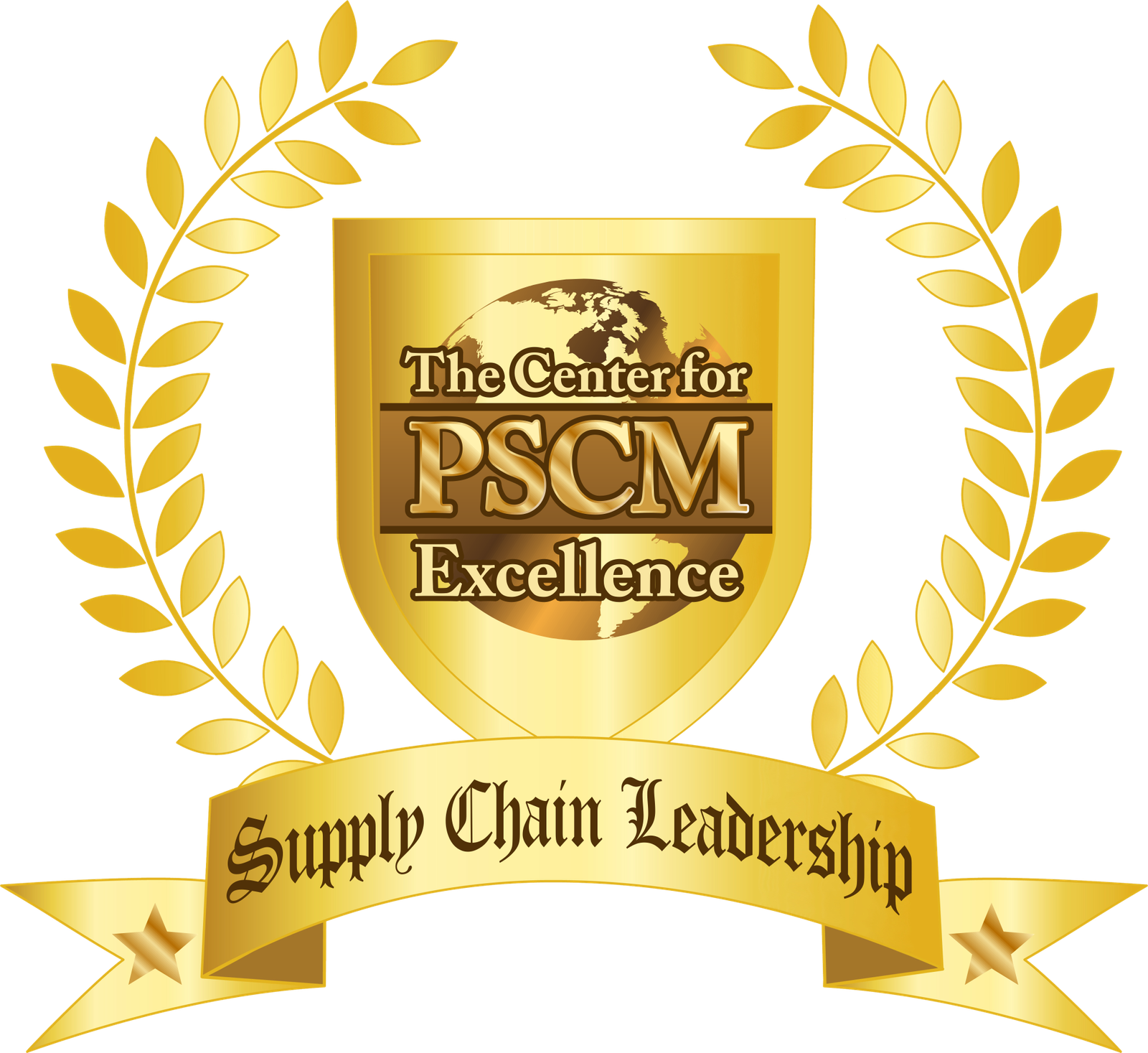
Let’s not talk about why procurement doesn’t have a seat at the table. I want to talk about why procurement is on the menu for lunch.
CEOs in the end distill simple messages from big complex sets of data. One thing they really pay attention to is whether your department is a Cost Center or a Revenue Center. It’s really simple to them.
HR. Legal. Payroll. Accounting. IT. Facilities Management. PR. And, yes, PROCUREMENT. All of these are viewed as cost centers. Being perceived as a cost generator is the kiss of death. It comes with endless baggage. Let’s talk the impact to procurement.
First let me say that we are talking about perception here. We could argue how all these functions contribute to the bottom line in some way, but that’s not relevant, because in the world of business, all that matters is perception.
As a procurement pro, just ask yourself, what happens when your company doesn’t hit their financials or needs to tighten their belt? Does it freeze your hires & spending on procurement personnel or does it double down and invest more in your procurement organization, because you will help them resolve these issues?
This is a really important question, because it cuts through all the lip service.
If your company freezes or, worse yet, reduces investment in the procurement function when the corporate belt needs tightening, that tells you all you need to know about how the C-Suite perceives your corporate role.
And we know the answer to this, don’t we?
Do you know which departments get less impacted, or even get invested in during downturns? The answer is 4 categories: Revenue Generators, Product Development & Innovation, Business Development & Customer Retention, and Strategic Initiatives.
None of those include Procurement.
Procurement is the ongoing recipient of increasingly tighter funding and personnel targets. Now guess who you’re going head to head with on the other side of the negotiation table, trying to find enterprise advantage for your company?
That’s right, sales people. And guess how their departments are funded and resourced? Very generously.
So it’s a battle that we valiantly prepare for, but it’s tough sledding, because they funded and resourced as a revenue center. They have more people than you. They have more and better data than you. They spend up to 20% of their time in training, while you spend up to 2%. That’s 10X less.
Every single person here has had to ask a supplier for data or documents generated by their own company. They have better systems than you, so all this stuff is at their fingertips.
It’s amazing that we’re competitive at all in this scenario. It’s a testament to the skills and perseverance of the dedicated people in this profession.
But this is no way to live, and it’s not just in negotiations. It impacts everything we do in this function.
Swimming upstream. Under-funded. Under-resourced. Under-valued. Under-everything. This is no way to live.
The reason we don’t have a seat at the table is because while generating great value, we allow ourselves to be perceived as a cost center, relegating ourselves to the back office. We are the ones that let it happen.
Just getting results isn’t enough, or the problem would have already been solved a long time ago.
The corporate narrative needs to change. The 2 CEO categories need to be changed from Revenue Generators and Cost Generators to PROFIT Generators and Cost Generators.
With this shift, procurement falls squarely in the Profit Generating function. We deliver contributions to EBIT. We are Profit Generators.
With this shift, corporations double down on their investment in procurement, because their bottom lines benefit from doing so. Because their corporate valuations increase. Because procurement delivers enterprise advantage.
Chief Procurement Officers, I’m talking to you. You own making procurement relevant. You own driving this agenda shift. You own this influence model. Get us a seat at the table and get us off the menu for lunch.
Now go off and do something wonderful. Be your best!
Omid G.
“THE Godfather of Negotiation Planning” ~ Intel Corp
P.S. The CPSCM™ Certification Program does a deep dive on internal influence. Over 90% of external negotiations fail because of internal negotiation failure. Join the best in the world today.


